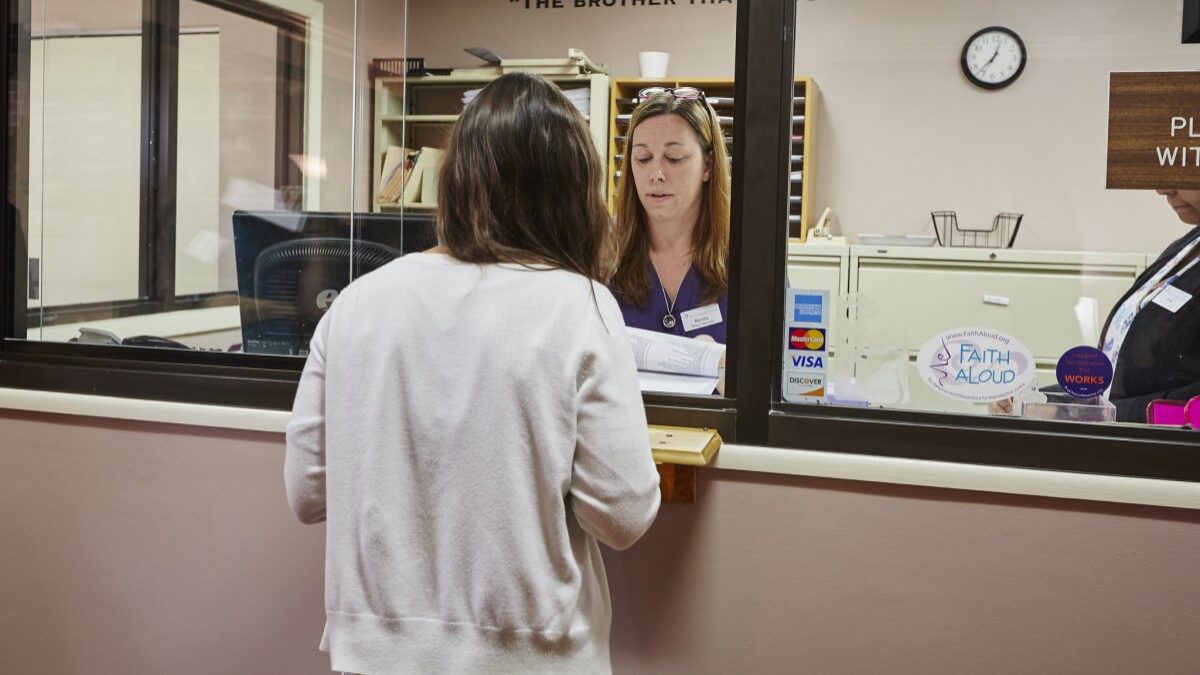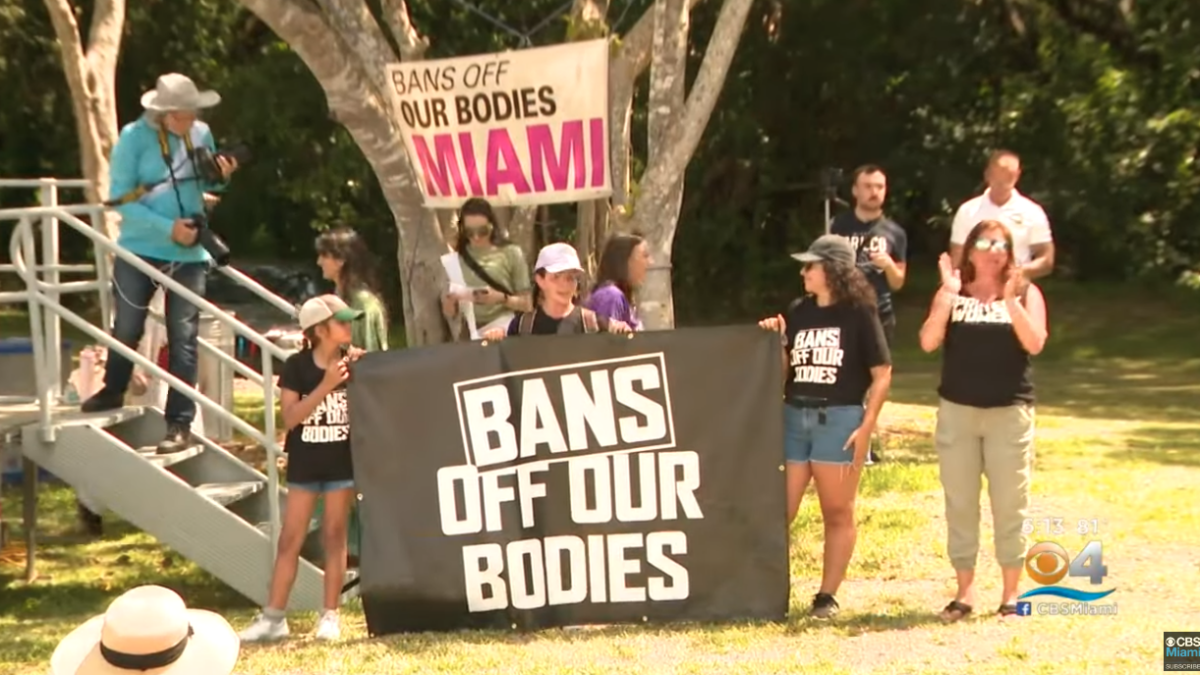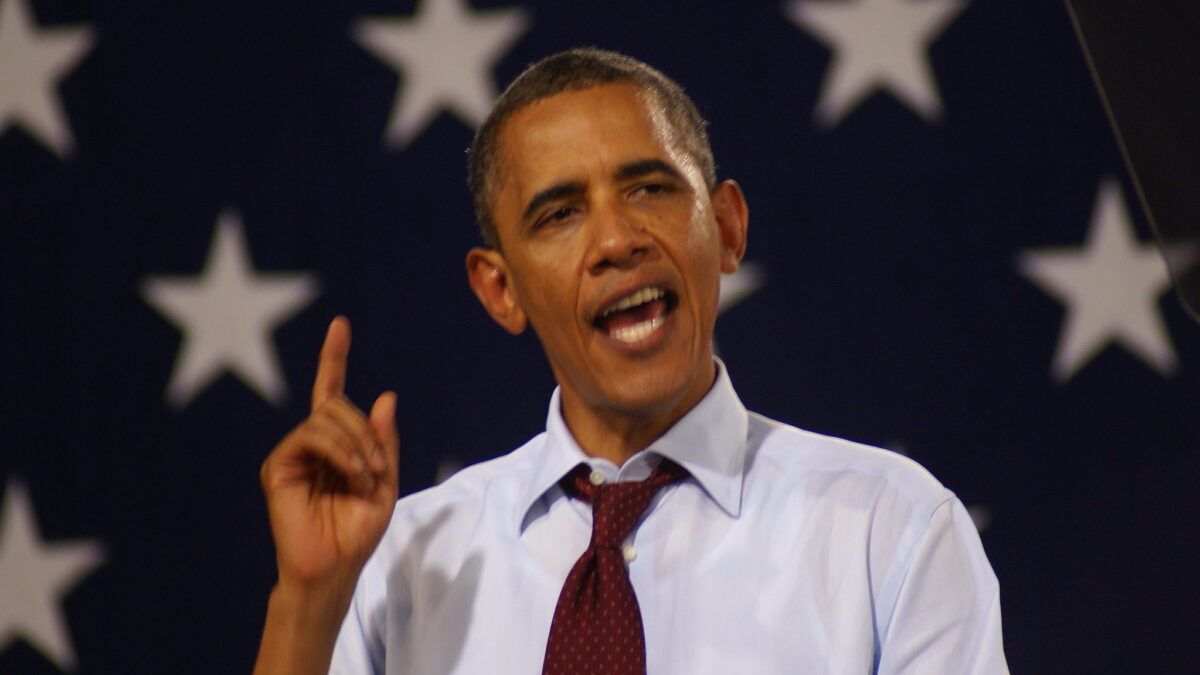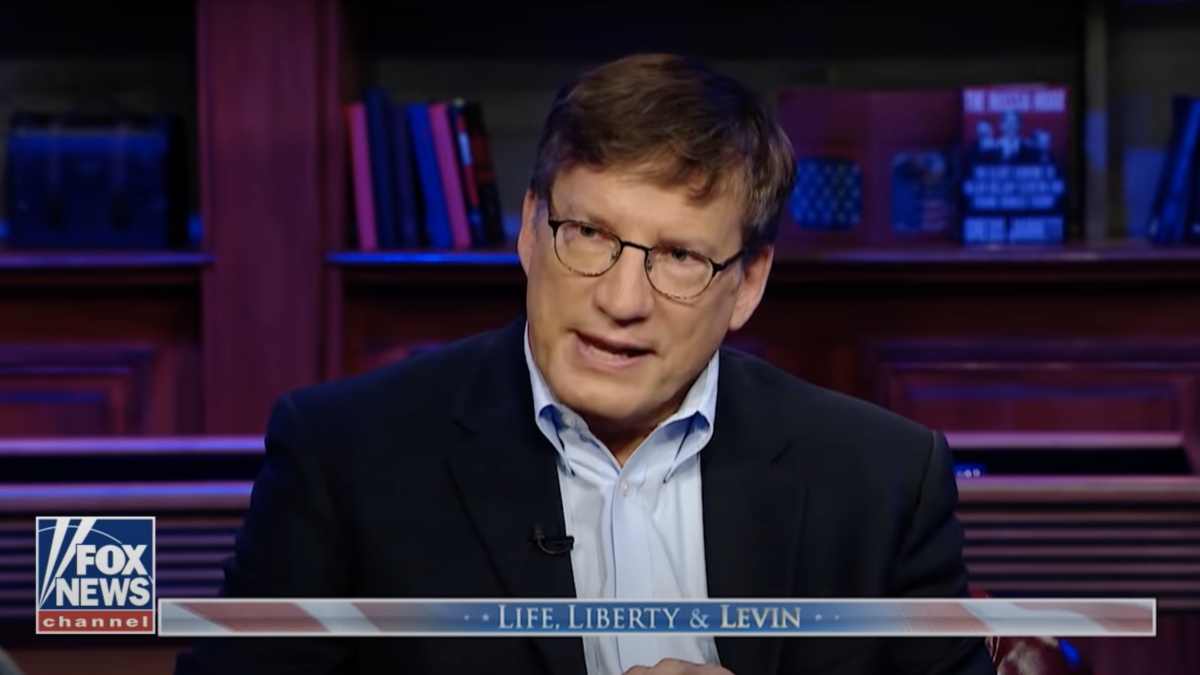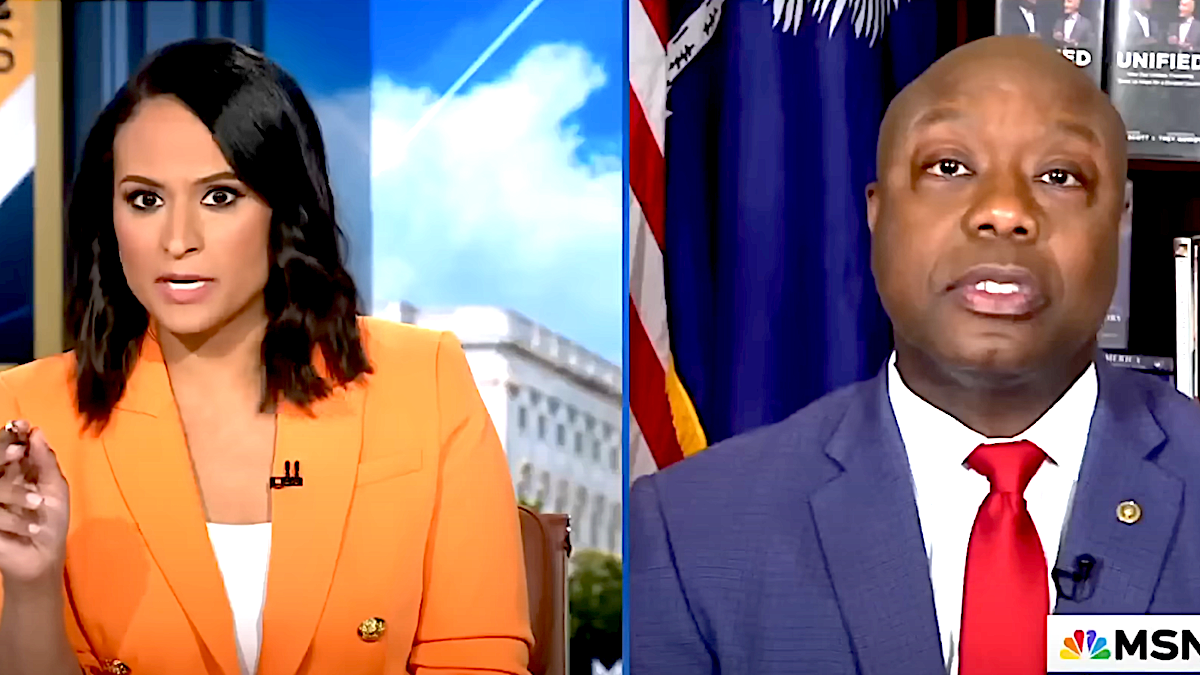
Abortion and same-sex marriage. They go together like bread and butter. Thelma and Louise. Rhythm and Blues.
Indeed, headline writers and story editors almost can’t help but mention them together. The lines between the issues have been blurred to where many in our Western public discourse simply see them as virtually the same issue, with each shifting along a similar social trajectory.
After Ireland legalized gay marriage, for instance, many left-leaning voices simply assumed broad abortion legalization would be next. The headline from this opinion piece in The Guardian was representative: “If Ireland can Allow Gay Marriage, Surely it accepts a Woman’s Right to Choose.” Well, no. The Irish, despite legalizing gay marriage (and becoming significantly less religious), still strongly reject abortion.
But pairing abortion with same-sex marriage also happens on the Right. Conservative Catholics, for instance, often invoke the (mistaken) idea that there are three “non-negotiables” when it comes to voting: (1) abortion, (2) same-sex marriage, and (3) religious freedom with regard to abortion and same-sex marriage. Conservative pundits are also increasingly writing pieces imploring the GOP to “get in step” with a fast-changing “modern America,” particularly on social issues. These, of course, turn out to be abortion and same-sex marriage.
America Is Moving in Opposite Directions
Want to get in step with a fast-changing modern American when it comes to abortion? Then you had better get okay with increased legal protections for prenatal children. Literally hundreds of bills limiting abortion have been passed in dozens of states in just the past few years, with hundreds more on the way this year. (One of the few state laws attempting to expand abortion rights was defeated—in a movement lead by a pro-life Democrat—in the liberal state of New York.) In addition, the future of abortion policy in the United States belongs to Millennials and Hispanics, who are increasingly skeptical of abortion. More than half are intensely skeptical.
But public opinion is one thing. Constitutional jurisprudence is another. Despite the plethora of state laws limiting abortion, they appear to be nibbling around the edges of the central issue—an issue which has been enshrined as an unchangeable Constitutional right by our Supreme Court. Right?
Well, not so fast.
In a piece she wrote for Slate in advance of the Supreme Court ruling on same-sex marriage, Katherine Franke explained why she was worried that the swing vote—Justice Kennedy—might justify his opinion legalizing such marriage by appealing to the human dignity of gays and lesbians. “It’s hard to come out as an opponent of dignity,” she said. “In this political and legal climate the cost of dignifying same-sex relationships risks shaming women exercising reproductive rights. I’m not willing to win marriage rights for same-sex couples in a way that might contract the noble promises of our Constitution.”
Franke’s worry was anticipated a few weeks previous by Jeffery Rosen writing in The Atlantic: “if the Court strikes down same-sex marriage bans on the grounds that they violate a right to dignity, liberals may have second thoughts about empowering judges to decide whose dignity trumps when the interests of citizens with very different conceptions of dignity clash.”
Celebrating Human Dignity Tanks Abortion
In offering his opinion on same-sex marriage last week, not only did Justice Kennedy invoke human dignity as the central idea behind legalizing such marriages in all 50 states, it was celebrated all over the Internet as the most beautiful part of his argument.
But some pro-life analysis of his opinion has been hopeful—not only because Kennedy (also the swing vote on abortion cases) refused to tie his opinion about legal same-sex marriage to abortion law—but also because of his insistence that the Fourteenth Amendment covers injustices that were previously unseen and must be corrected by the court. Pro-lifers hope Kennedy will see U.S. abortion practices (which involve, among other things, frequent killing of a fetus simply because she has Down syndrome) as yet another example of precisely this kind of hidden injustice.
Do they have any legitimate hope for this? Although Kennedy was a key member of the court upholding abortion rights in Planned Parenthood v. Casey, the pro-choice legal pundit Jeffery Toobin is worried that, 15 years later in Gonzales v. Carhart, this all-important swing voter demonstrated a significant shift toward restricting abortion.
From Kennedy’s 2007 opinion: “The State may use its regulatory power to bar certain procedures and substitute others, all in furtherance of its legitimate interests in regulating the medical profession in order to promote respect for life, including life of the unborn.” In making this decision, Kennedy affirmed as constitutional the “Partial-Birth Abortion Ban’, a law which Kennedy described as expressing—you guessed it—“respect for the dignity of human life.”
What makes abortion so complex and vexing an issue is precisely that the dignity of the mother and the dignity of her prenatal child seem to conflict. But if Justice Kennedy is willing to continue applying human dignity in a way which genuinely wrestles with this complexity, then his opinion is also likely to continue to shift in favor of laws which defend the dignity of prenatal human life.
Indeed, as pro-choice pundits have feared, the concept of dignity he used in affirming same-sex marriage may be the very same concept of dignity he uses to further restrict abortion rights. While this may appear to be a contradiction to those still working with an outdated liberal/conservative binary left over from the culture wars of a previous generation, it makes good sense to the two constituencies who matter most for the future of abortion policy in the United States: young people and Justice Kennedy.


